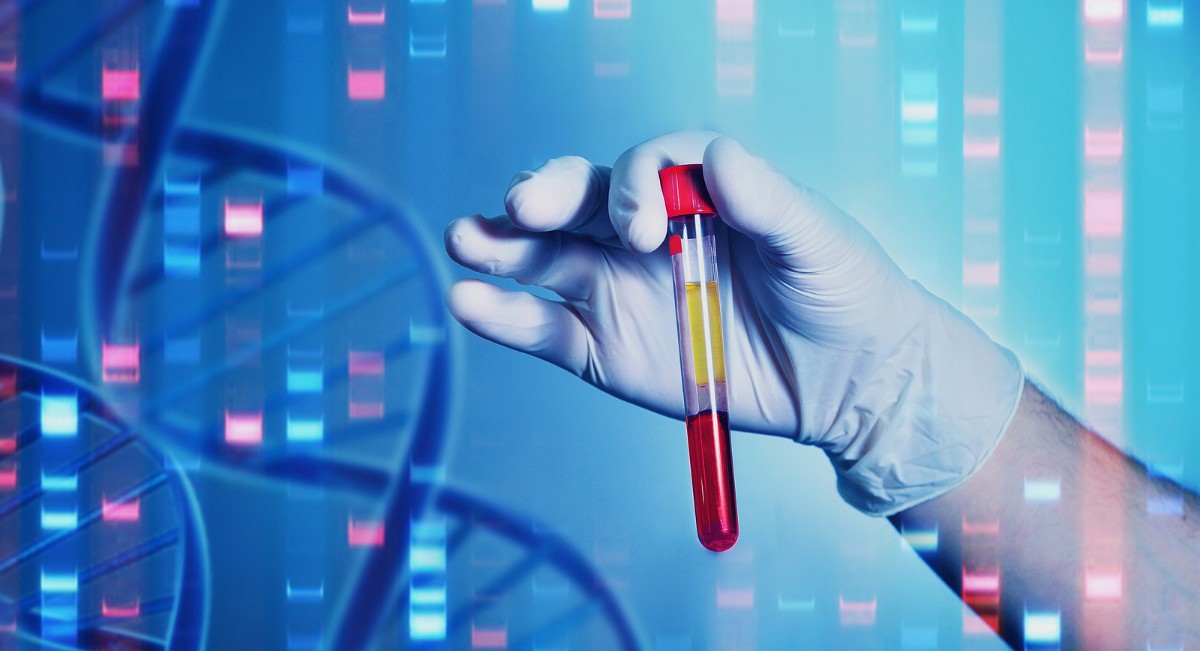
Is unmasking sperm donors immoral?
A Belgian bioethicist points out serious problems of informed consent
The successes of donor-conceived children who have used the internet to find parents and siblings with the help of DNA testing sites are normally framed as ethical victories. But according to Belgian bioethicist Guido Pennings, of Ghent University, they lack informed consent and are deeply unethical.
Most people who use the sites like ancestry.com or 23andme.com are creating genealogies. But searching for concealed genetic links is far more involved, from an ethical point of view. Writing in BioNews, Dr Pennings argues:
Searching for donors through genetic databases unilaterally revises the agreement with the donors who had been promised anonymity. It is a clear breach of the right to privacy of the donor, which may have serious consequences for them and their family.
In addition, it violates the rights of people whose genetic information is used for purposes not intended by them. For instance, someone may undergo genetic testing to find health-related information but their DNA is later used to trace family members for forensic purposes. In the same vein, people who registered in a database will not have intended that a family member be exposed as a gamete donor.
Donor-conceived children can be harmed when a sibling reaches out after discovering their family relationship. They may not know the facts of their origin and the revelation could lead to great psychological distress.
… donor offspring looking for their donor or siblings … demonstrate a complete disregard for the possible impact of their search on other people. They know that they may cause serious personal and familial problems for others but they believe their personal interests prevail. … the violation of their presumed right to know their genetic parents does not justify them violating the rights of others.
In an article in the current issue of Human Reproduction, Dr Pennings ruefully admits that the horse has bolted. The incidence of identifying donors will certainly increase as the technology improves. “Clinics and doctors can only promise not to reveal the donor’s identity but can no longer guarantee anonymity as such.”
Michael Cook is editor of BioEdge
Creative commons
https://www.bioedge.org/images/2008images/FB-Analysis-Of-Dnk-A-Hand-In-A-M-227230192_(1).jpg
donor anonymity
